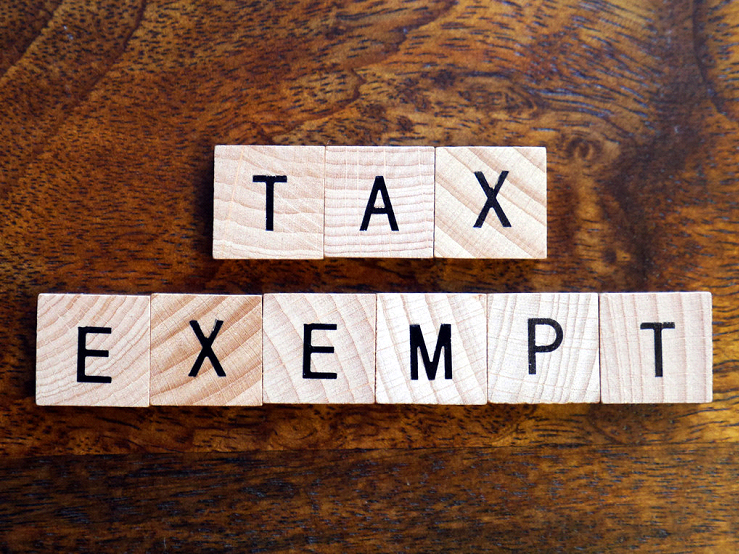Retirees are one of the highest and most unfairly taxed groups. Every dollar that needlessly goes to taxes is one additional dollar you must make up for elsewhere, whether that be by taking on extra investment risk, spending less, or not having as much to pass on as a legacy.
One of the core things we assist clients with is tax reduction, since we feel that most people should be free to spend their hard-earned money as they see fit. If you’re someone who feels they don’t pay enough in taxes, I have great news. At www.treasury.gov you can anonymously donate to either help pay off the nation’s $31.5+ trillion dollar debt or pay extra into the general revenue fund where the government decides the best use of your money. Believe it or not, every year there are people that do one or both. One individual recently gave over $1.5 million!
If you’re like most of our clients and would prefer to decide where your money goes and currently or previously worked for either the federal government or one of the major universities in Kansas, there are several tax exemptions that can save you an incredible amount of money. How much money? Well, in the case of taxes paid to Kansas, the answer is all of it! You see, about 10 years ago there was a challenge to K.S.A. 79-32,117(vii) which, in a nutshell, states if you have retirement income from the federal government (like a pension) you are exempt from having to pay state income tax on any of that money. The challenge was whether money that was in a TSP (Thrift Savings Plan, which is like the 401(k) equivalent for federal workers) falls under the same exemption. After a bill failed to pass that would have added language to clarify this, the Department of Revenue decided their interpretation moving forward would be that any money that was in, or subsequently rolled over from, a TSP plan would qualify for the state tax exemption. We’ve seen many cases where retired federal employees (and/or their tax preparers) are unaware of this and have needlessly paid income tax on their retirement money. Given that the highest income tax bracket in Kansas is 5.7%, this can add up quickly. If, for example, you withdrew one million dollars over time that is $57,000 in tax that could be saved!
A very similar provisional also applies to any benefits eligible individual that has worked for any of the Board of Regents Universities like KU, KSU, Emporia State, Wichita State, etc. in K.S.A. 74-4923(b) and to Washburn employees in K.S.A. 79-32,117(xix). These differ from federal workers in that in order to get the tax exemption, the money must come directly out of a university retirement plan, like a 403(b). For federal workers you can roll your money over and out of the TSP and to another account and still get the tax exemption, but that isn’t the case with the university plans. Does that mean you need to always keep all of your money in one of these plans? No, because you can actually put money back into these plans right before you complete a withdrawal and still receive the tax exemption! This is something we help people with regularly, as we are one of the few advisors in the state that can open retirement accounts on this plan. We can also help a client transfer money they might have from a different 401k, IRA, or other retirement account into one of these retirement plans and get them this tax break on all of their retirement money- not just what they contributed while working for a university! We recently did this for a client that hadn’t worked for KU since the 1980’s, which resulted in tens of thousands in tax savings across all of their retirement account balances.
Another place we frequently see people paying taxes on retirement money when they shouldn’t is a KPERS pension buyout. KPERS pensions, much like federal pensions, are exempt from Kansas tax. If you elect to take a buyout of your KPERS pension and roll that money over to a retirement account that money still maintains that exemption. Unfortunately, many don’t know that and end up unnecessarily paying state tax when they make a withdrawal. We often see situations where advisors unaware of this tax provision combine pension buyout money with other money they’re managing and give incorrect tax reporting. This causes account holders to pay Kansas tax when they shouldn’t. The good news is this can all be corrected by working with a team that understands the tax code.
If you currently or previously have worked for a major university in Kansas or for the federal government, or have taken a KPERS pension buyout, and want to ensure you’re taking all the appropriate steps to maximum this tax break I suggest scheduling a 3 Step Review with a financial advisor with someone from our team.


Recent Comments